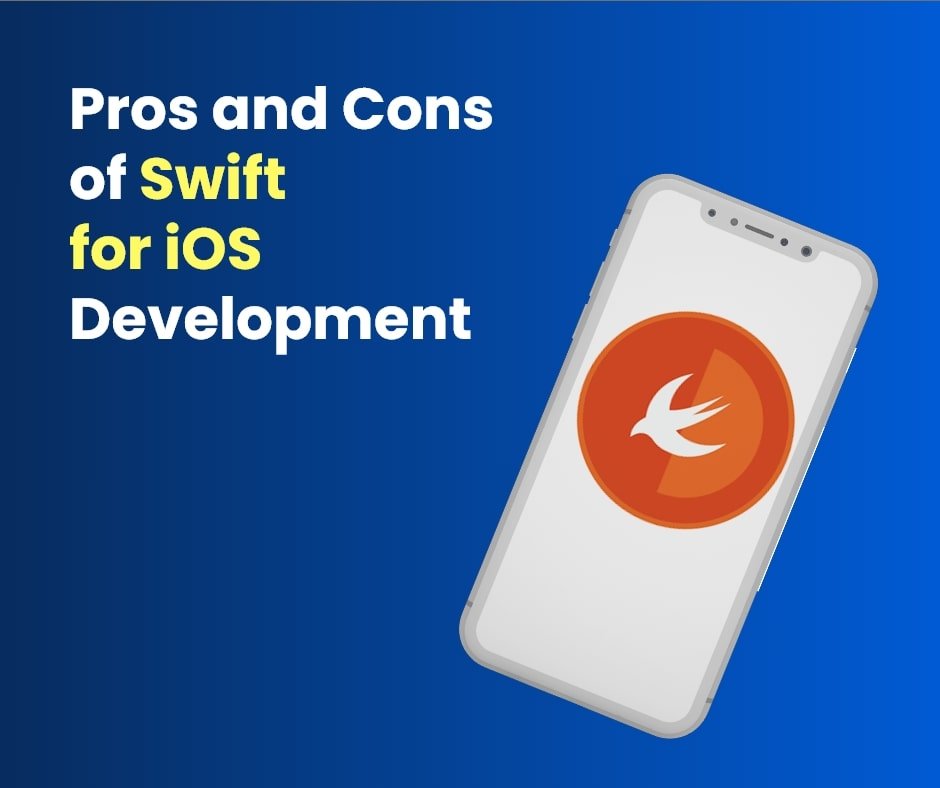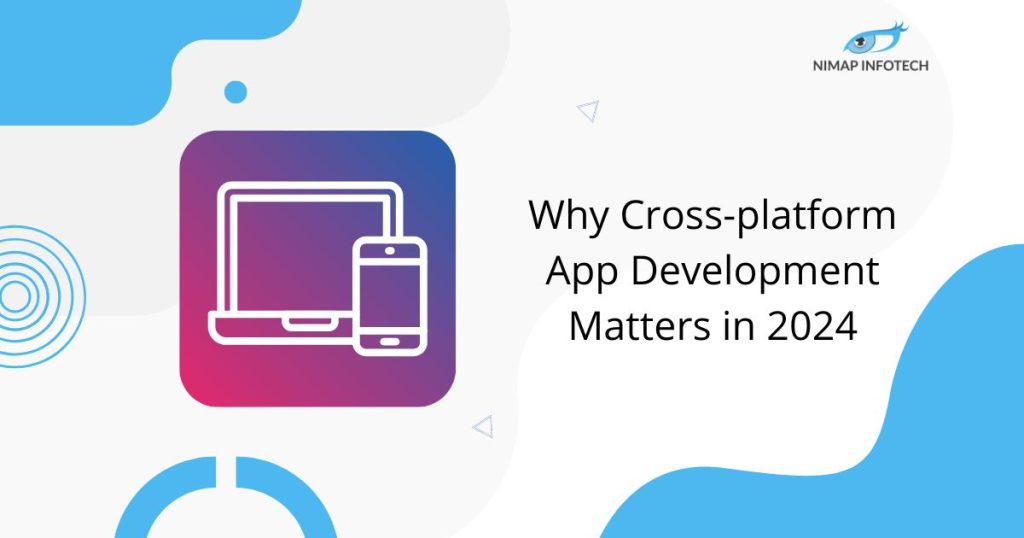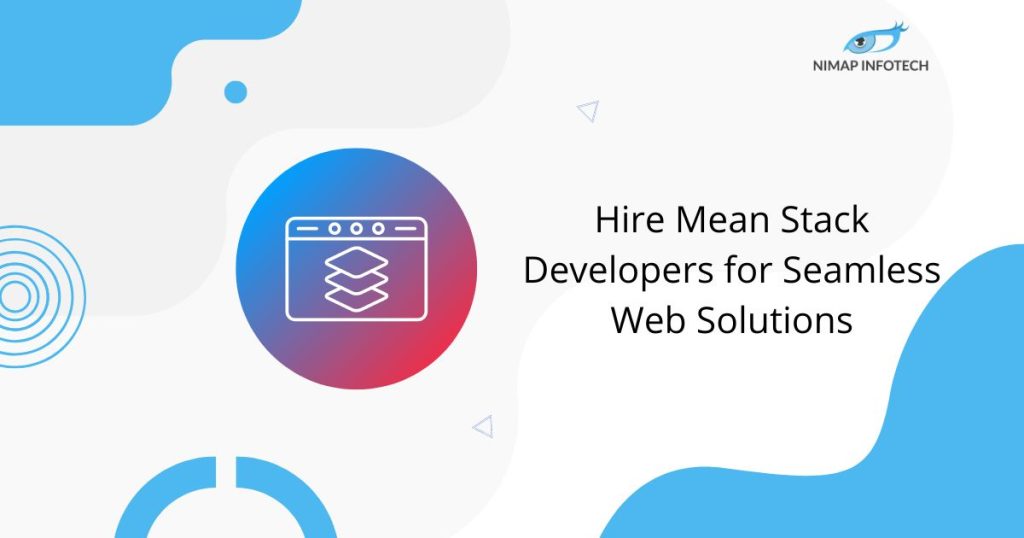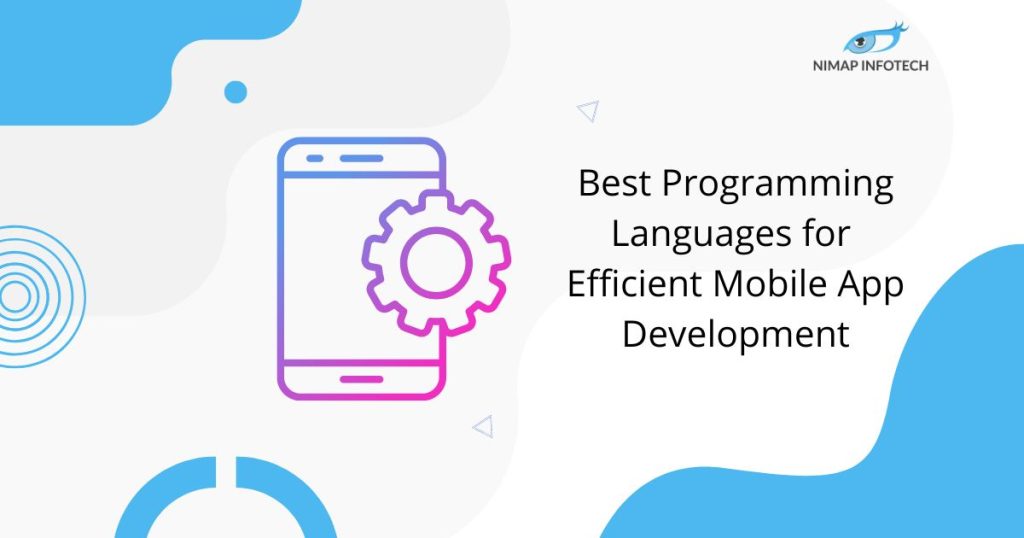It has been included in Xcode since version 6. With more than 700 million iPhones smartphones that are currently in use, iOS is the second-most popular mobile platform world over.
While Android will be looking to have an advantage worldwide market-share wise, in regions, like the US, France and the UK, Apple devices continue and looks like will also do in future to dominate the market. This is why, so many businesses as well as software companies focus solely on iOS platforms for their software products, as they see it is as their key investment opportunity.
Overview
If you are one of those businesses or companies that are looking to follow the iOS app development, then you have a critical decision to make. That is in simple words, you need to choosing the right tech stack for your product. What is that platform that you are you gonna go for? If it is the native development or platform specific development instead of cross-platform, then which language will you use? The good ole Objective-C or Swift programming language?
Apple had first introduced Swift as the newer and the second official language for macOS, watchOS, tvOS and iOS development way back in 2014
Despite being very young, and very much immature, Swift made its way up from the ‘Apple’s experiment’ status to the 11’s place in TIOBE’s listing of the world’s most popular programming languages. When we compare the ranking positions, it is 7 positions higher than its older brother or predecessor Objective-C, Swift proves to have completed its initial mission.
Here let’s take at the advantages as well as benefits that helped Swift become a major programming language for iOS app development. We will also analyze the disadvantages that may still hold it back. While programmers make use of Swift, there is a hot debate on whether swift proves to be beneficial or not. While Swift is proprietary open source technology, still many programmers use it compared to traditional objective C. Let us dive deep and know if you should start using swift for apple product development and know the Pros and Cons of Swift.
Pros and Cons of Swift
Pros of using Swift for iOS development
-
Transparency:
When we directly side by side compared the language to the syntax of Objective-C, it is closer to the notoriously intimidating syntax of C. Swift owes a lot to to create the simplicity of the syntaxes of much more elegant Ruby, Python and C#. The language has been made and designed to be easily readable, since all of its expressions have transparent meanings, and is very simple to learn. In fact, Apple has been very confident in the simplicity and ease of learning for the Swift language, they encourage kids to create apps on it via games on Playgrounds.
But there’s more to Swift’s simplicity than just being being kid-friendly. The transparency and the learning friendliness that the code provides, enables scaling up any development project easily. New team members or inexperienced developers are able to shortly catch up on existing app code and start contributing to it faster than they would do with an Objective-C app. The complete code transparency offered by swift is uncomparable and beneficial to older predecessor Objective C. You can unleash the power of code as it is completely readable and transparent to other fellow coders. Thus provides maximum benefit of transparency to developers and programmers.
-
Conciseness:
One of the aims that the Apple swift team has committed for is to make the language less verbose or clunky. Thanks to its string interpolation concept alone, Swift has been capable and has been successful in reducing the Objective-C mobile app code by almost 70%. A self-explanatory example is the most popular Lyft app, which lost 2/3 of its initial 75,000 code lines after being rewritten on Swift. Less code always makes faster deployment and fewer bugs, it also states that it causes faster development and testing, cheaper maintenance, as well as fewer resources required for any of these tasks. Code is completely concise in a manner that is well understood and apprehensive to developers and programmers.
-
Automatic memory management:
In order to achieve the best app performance as well as avoid memory leaks. Swift employs and makes use of Automatic Reference Counting across all APIs. In other words or simpler words, it handles memory on its own, enabling the most efficient resource consumption. No manual memory settings or its configuration are needed. All of this are the features that are provided while making the necessary adjustments developers are guided and supported by Swift’s convenient tools. Memory management is completely taken care of by Apple technology. Developers and programmers do not have to manage pointers and other memory related stuff to ease the process of programming and development.
-
Safety:
Unlike Objective-C or when we compare directly to objective-c, Swift is a strongly and statically typed language, which allows developers to notice bugs prior to compilation and fix them on the fly. Moreover, Swift has also provided its developers with smart null-pointer safety measures that prevent compiling errors due to null references. Swift provides the much needed safety and security for developers and programmers using the apple ecosystem to design apps.
-
Interoperability with Objective-C:
Although this is not an outright advantage or a plus point over Objective-C, it definitely merits on its own. Swift isn’t been designed to provide as a complete replacement to Objective-C. It will continue to be and stay a part of many mobile apps that will need maintenance in the future. The new iOS development language is made to be compatible is fully interoperable with its predecessor and can coexist with it in one app, file or code line.
-
Swift is Brief:
One of the major out right aims of Swift developers was to make the language concise. Owing or when it comes to string interpolation alone. Swift is designed to become capable enough to reduce the Objective-C mobile app code by almost 70 percent. Less code means faster development, deployment as well as testing processes- thus it provides a cheaper maintenance process and less resource expended.
-
Easily scalable:
The transparency that the swift code provides has been leading to a faster development time. In addition, for a developer you are also entitled you also get a product to become “future-proof” added with new features. Easier scalability, therefore, made possible. Plus, when it comes to your long-term investments. You need to consider this fact that Apple is more likely to support Swift rather than Objective-C.
Looking to build your iOS App, now Hire Swift Developer at affordable price in India.
Recommended Read: Swift vs Objective C: Which one is better for iOS App Development?
Cons of using Swift for iOS development
-
Speed:
The actual swiftness or the faster processing done for iOS Swift development causes controversial issue. This long exists since version 1.0, mainly because the initial results weren’t that impressive. But the language has been capable to high evolution. And adaptation for a long time since then. And performance tests results aren’t frustrating anymore. Still, while Apple continues to boldly claim as well as state the fact that Swift is 2 times faster than Objective-C. Actual tests have been indicating that this is not fully true and don’t back up this statement.
When we compare Swift directly to Java in benchmark task performance. Swift manages to get an upward advantage here in six tests. Shares almost the same result with Java in two tests, and loses to it only in two tests as well. Yet when we compare it with its rival Objective-C , the speed difference between the two is hard to notice.
-
No backward compatibility… yet:
The language is radically evolving, and changing in its technological implementation. It s somewhat unstable since currently, each new version of Swift does not support the previous one. This means in simpler words, apps written in Swift 1.0 and 1.2 cannot maintain in Swift 3.0 and considered history. However, Swift 4.0 does seems at the moment finally turning the situation around. And providing support for Swift 3.0. So, soon there’ll be no need to worry about backward compatibility.
Also Read: Importance Of Developing iOS Application For Your Business
Conclusion- Pros and Cons of Swift:
Swift has introduced many advantages to iOS development:
its conciseness makes mobile apps more lightweight,
the simplicity enables fast project upscale,
full interoperability and expansiveness provided compared to Objective-C enables convenient maintenance or further development of previous projects.
Just like Kotlin for Android development, Swift simply needs time to mature. Hopefully, with the passage of time and with a couple of further releases. Swift will achieve its declared performance speed and become a completely stable development tool.
So this was a blog on Pros and Cons of Swift. We hope you like it and have found it informative. If you want to hire Swift developer then contact us at enquiry@nimapinfotech.com with your requirements.







































